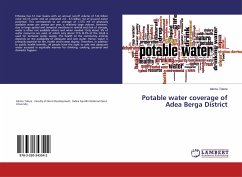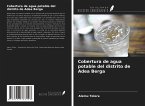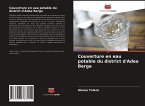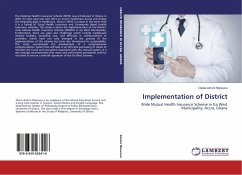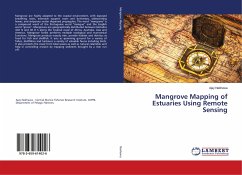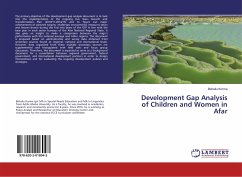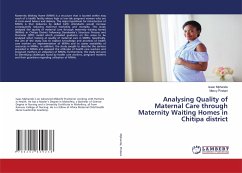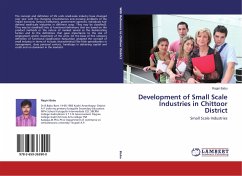Ethiopia has 12 river basins with an annual runoff volume of 122 billion cubic m3 of water and an estimated 2.6 - 6.5 billion m3 of ground water potential. This corresponds to an average of 1,575 m3 of physically available water per person per year, a relatively large volume. However, due to large spatial and temporal variations in rainfall and lack of storage, water is often not available where and when needed. Only about 3% of water resources are used, of which only about 11% (0.3% of the total) is used for domestic water supply. The health of the community entirely depends on the availability of adequate and safe water. Hence, water is primarily essential for life, health and human dignity. Therefore, in addition to public health benefits, all people have the right to safe and adequate water accessed in equitable manner for drinking, cooking, personal and domestic hygiene.
Bitte wählen Sie Ihr Anliegen aus.
Rechnungen
Retourenschein anfordern
Bestellstatus
Storno

